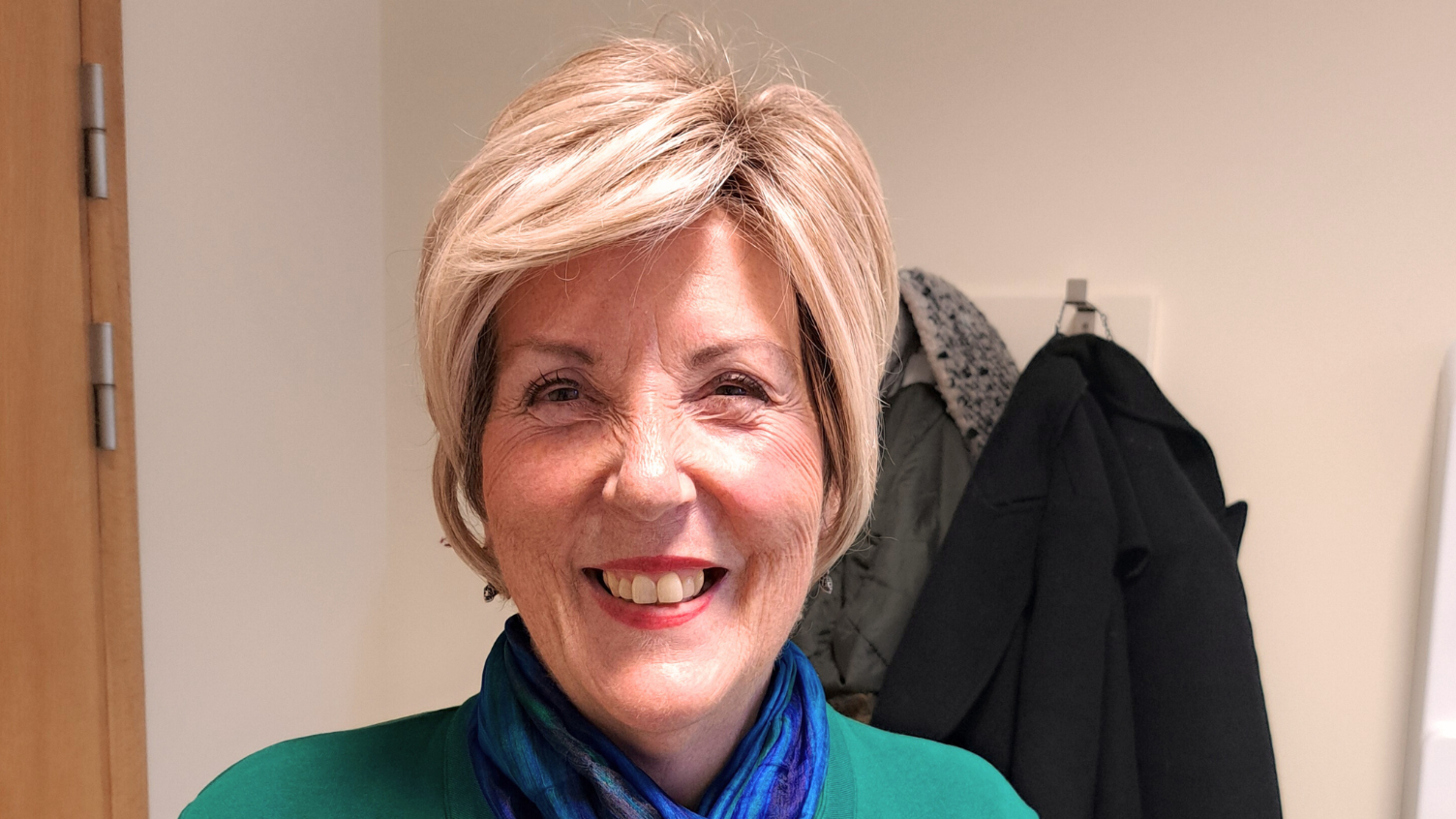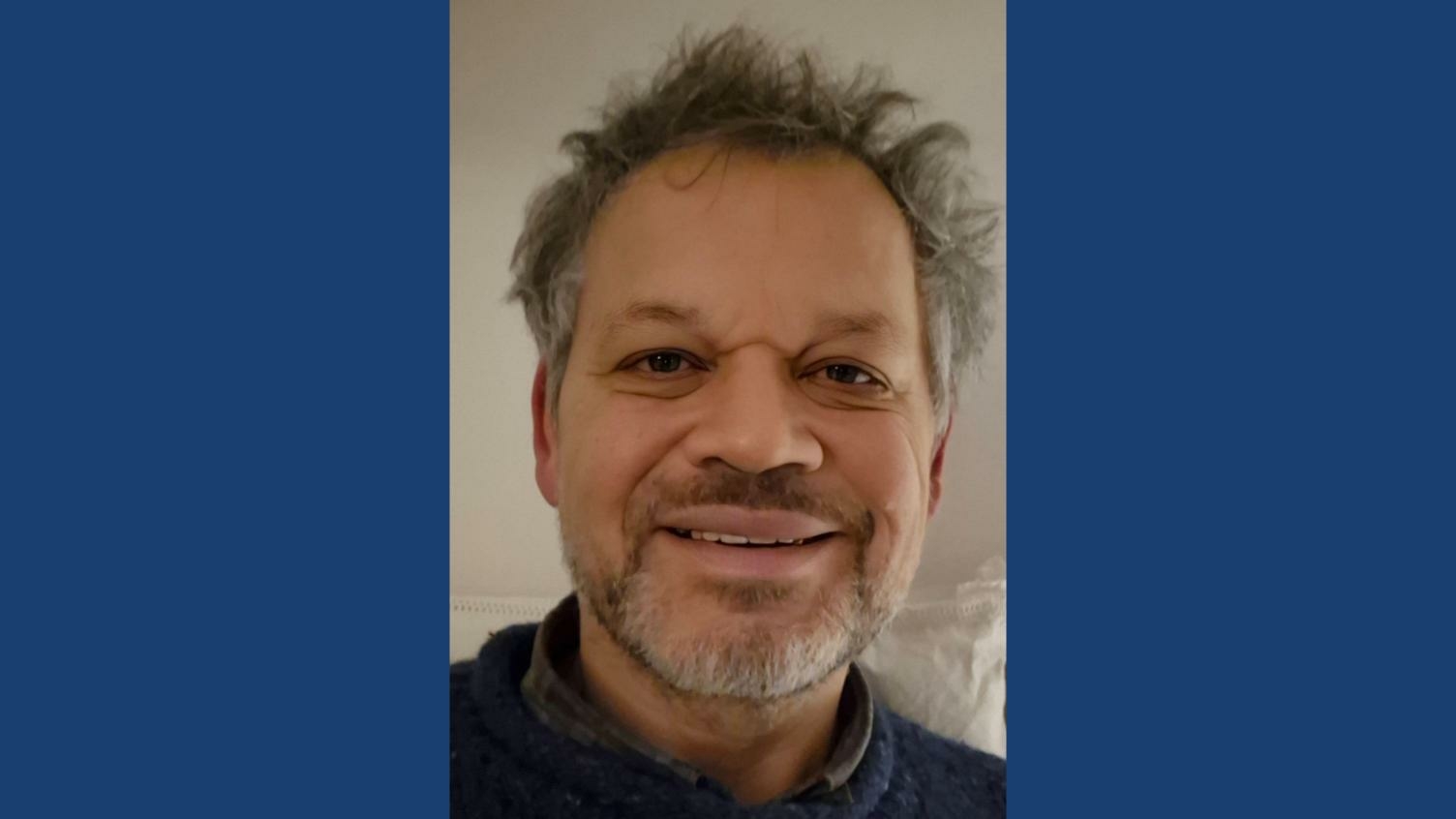Frequent volunteer shares her passion for research
- 8 January 2025
- 3 min read
A regular research participant from the North East who is inspired by her mum shares her reasons for volunteering in health research.
Zena Forster has coronary artery disease, where the blood vessels that supply the heart are narrow. She is currently taking part in a research study which involves following a diet and exercise plan and attending regular appointments at the Royal Victoria Infirmary in Newcastle (part of The Newcastle upon Tyne Hospitals NHS Foundation Trust).
In this story, Zena urges others to do their bit to support health and care research to find new treatments, medicines and diagnostics for people both now and in the future.
What has your most recent research experience been like?
It has been an extremely positive experience. The research team has been professional, knowledgeable, and incredibly supportive. During one of my appointments, the team discovered that one of my liver values was higher than it should be. This discovery wouldn’t have been picked up if I hadn’t been taking part in the study. I was able to have it investigated immediately, and it was done swiftly and supportively.
The extra care and treatment you receive while taking part in research is an added bonus. If I hadn’t been taking part in this study, I would only have routine blood tests once a year. I currently have regular blood tests and receive copies of the results. It means that I can keep track of my blood sugar, my cholesterol, and I can adjust my lifestyle accordingly.
You have taken part in many research studies over the years. What makes you keep volunteering?
I have taken part in about 6 research studies in total. Some of these were very straightforward and simply involved filling in a questionnaire. Others are more involved, for example the one I’m currently participating in.
One of the reasons I am so passionate about research is because my mum took part in a clinical trial in the 1980s to test a new kind of blood pressure medicine called captopril. Her taking part saved my life, as I now use a follow-on drug to the one she tested as part of my treatment. If she and people like her hadn’t been brave enough to take part, we wouldn’t have the treatments we have today.
Her legacy has saved lives, and I hope mine will, too. By taking part in research, I hope I will be able to have a positive impact on someone in the future.
I am also passionate about improving the experience of people who take part in clinical trials. During this study, I gave extensive feedback on the diary that logs my diet and exercise. The systems provided were difficult to use and did not link up to my usual fitness tracker. Being involved in research isn’t just about participating in studies; you can also help improve how clinical trials are carried out.
Do you have a message for somebody considering taking part in research for the first time?
Have you ever taken an aspirin before? A paracetamol, ibuprofen, or medicine for diarrhoea? Every single one of these treatments has been through clinical research trials. We wouldn’t have them if people hadn’t taken part in research to test them. Without research, we wouldn’t be able to treat a headache, let alone illnesses like heart disease or cancer.
I want people to be reassured that late-phase clinical trials [which look at whether a new treatment is better than existing treatment] have been through rigorous tests to minimise side effects. The research team monitors you consistently and robustly.
Research saves lives, now and in the future.
Hear about research opportunities near you by registering with Be Part Of Research, a service that matches you to studies that are right for you.


